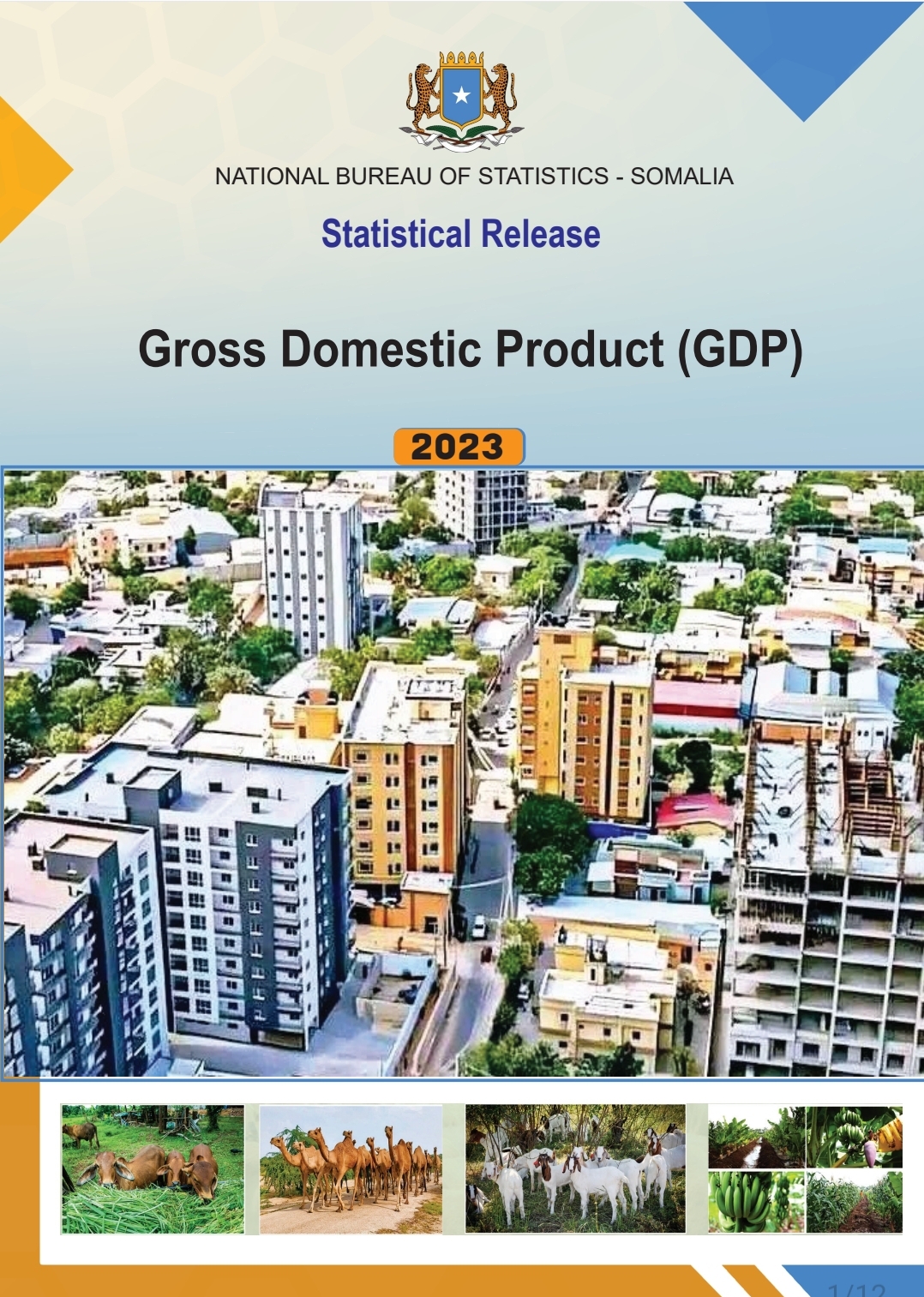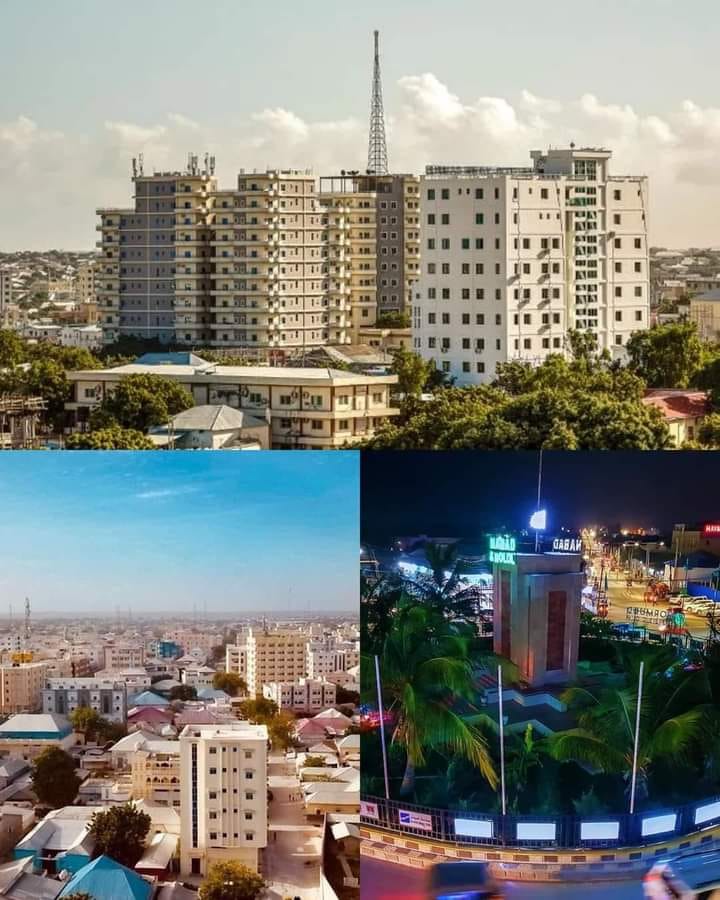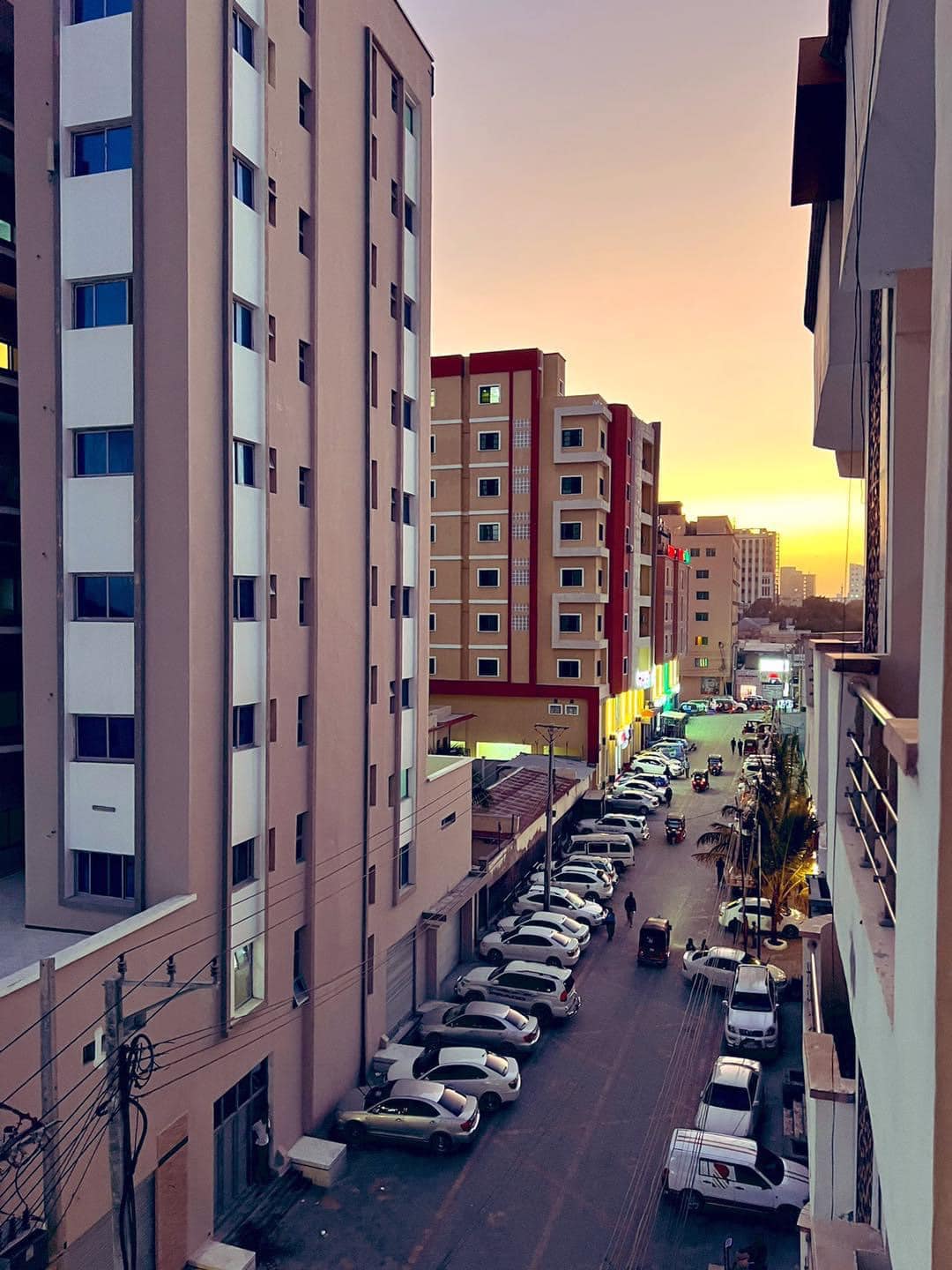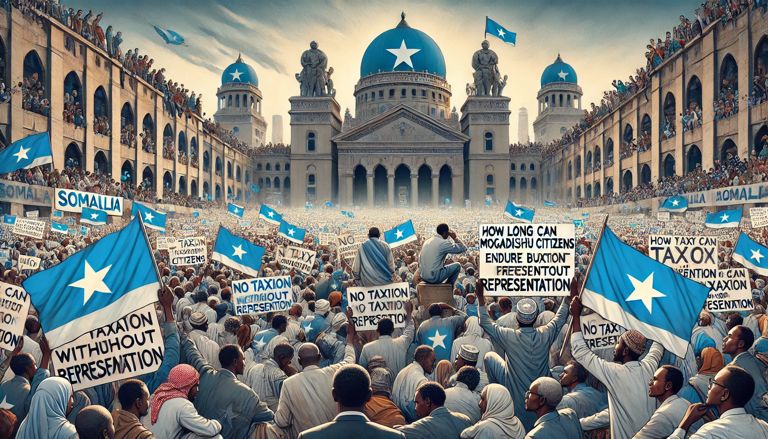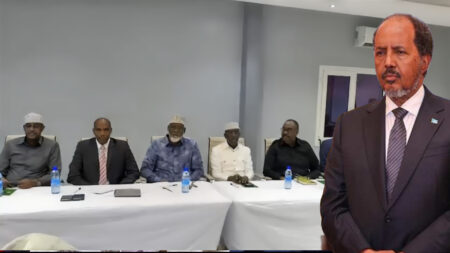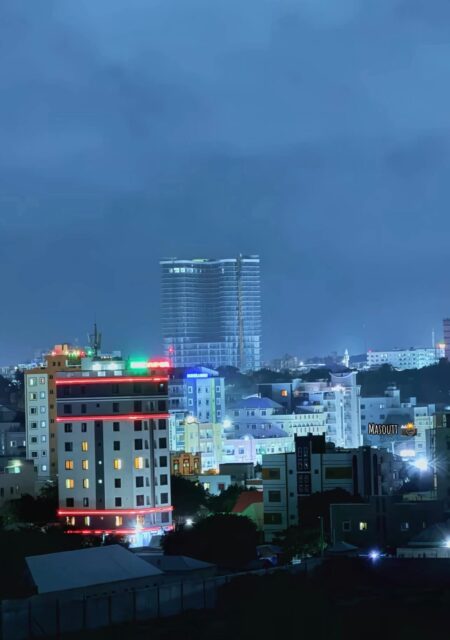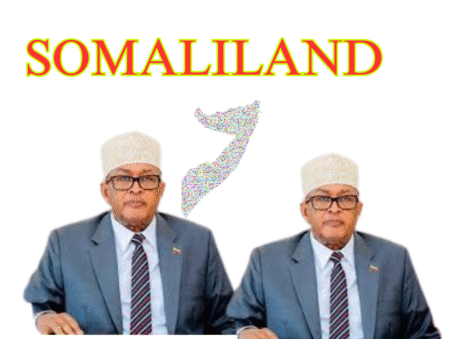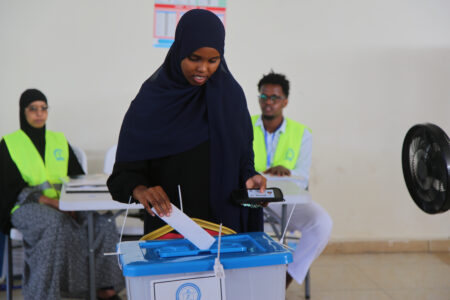How Far Can Mogadishu Citizens Bear the Tax Burden in Somalia Without Representation?
The principle of “no taxation without representation” has over the years been a fundamental element of democratic governance which emphasizes that citizens need to have a voice on imposition as well as the utilization of the taxes paid. In Somalia, especially in Mogadishu, this principle is being challenged as residents shoulder a substantial share of the national tax burden without corresponding representation in the process of making decisions. This article highlights the implications of this disparity and the potential consequences for governance and social stability in Somalia.
The Historical and Economic Significance of Mogadishu
Mogadishu, the capital and biggest city of Somalia, boasts a rich history that dates back to the 10th century when it emerged as a major trade center. Its strategic location along the Indian Ocean facilitated its prosperity over the centuries, attracting traders from Arabia, Persia, and India. Mogadishu served as the capital of Italian Somaliland during the colonial era and continued developing as an administrative and business center. After independence in 1960, Mogadishu continued to be a political and a business center in Somalia. Despite the devastation to the city’s infrastructure and economy caused by the civil war that began in 1991, Mogadishu has shown resilience and in recent years has undergone significant reconstruction and development efforts, reestablishing itself as a crucial economic center.
The Tax Burden on Mogadishu
Mogadishu acts as the main center for economic activities and significantly contributing to the country’s tax revenue. The Federal Government of Somalia (FGS) depends extensively on the taxes collected from businesses and individuals in Mogadishu to finance national services and infrastructure projects. This revenue includes customs duties from the Port of Mogadishu, income taxes from the city’s residents and the newly introduced 5% Value Added Tax (VAT).
Lack of Proportional Representation
The residents of Mogadishu often feel underrepresented in the political arena despite contributing significantly to the national revenue. The representation of the city in the federal parliament does not proportionately reflect its economic contributions and this raises concerns about the fairness and legitimacy of the tax system. This issue is further exacerbated by the centralization of power, which marginalizes local voices in national decision-making processes.
Historical Context: Tax Laws from the Military Dictatorship
The current tax system in Somalia is still largely governed pre 1991 tax laws established during Siad Barre’s military dictatorship. These laws were created under a centralized regime and did not anticipate the federal structure that Somalia is striving to implement today. According to the Ministry of Finance, the sales tax system was introduced in 1984 during the Barre regime when the government was centrally based. This outdated legal framework complicates the taxation landscape, as it fails to adequately address the needs and realities of a federal system.
In 1984, when sales tax was introduced, mobile money services such as Hormuud’s EVC Plus, Golis’s Sahal, and Telesom’s Zaad did not exist. People depended on traditional cash transactions and services, which offered limited financial services. Today, mobile money is pervasive in Somalia, with platforms like EVC, Edahab, Salah Service, and ZAAD Online handling the majority of financial transactions. However, tax laws have not fully adapted to this digital shift, leading to gaps in effective tax collection and compliance.
Legal and Constitutional Considerations
The principles of fairness, equity and inclusivity in governance are enshrined in the Somali constitution. Article 50 emphasizes that government actions must promote fairness and inclusivity whereas Article 125 outlines the responsibilities of the National Treasury to manage and oversee revenue in a manner compliant with constitutional standards. Article 45 specifically emphasizes the fair and equitable distribution of resources across all regions of Somalia, ensuring that no single area bears an undue burden.
Article 45 of the Somali Constitution mandates that resources should be distributed fairly and equitably across all regions. This principle aims to prevent economic disparities and ensure that all citizens equally benefit from national resources. However, in practice, these principles are often not followed, resulting in Mogadishu shouldering a disproportionate tax burden without corresponding representation.
Expert Opinions on Legal Bases
I have reached out to different prominent law professors and senior economists, who concur that there is no legal basis under the current Somali Constitution and tax regulations for the disproportionate tax burden placed on Mogadishu. These experts emphasize that the existing tax laws, which originated during the military dictatorship era of 1991, do not support a fair framework for the modern federal system Somalia aims to establish.
International laws and norms highlight the importance of equitable representation in governance. Various case laws and international treaties highlight the principle of equitable resource distribution and representation:
- International Covenant on Civil and Political Rights (ICCPR): Article 25 of the ICCPR makes sure that every citizen has the right to participate in public affairs directly or through their freely elected representatives. This highlights the importance of representation in tax matters.
- Universal Declaration of Human Rights (UDHR): Article 21 states that everyone has the right to take part in the government of their country, directly or through freely chosen representatives. This supports the argument that taxation should be accompanied by fair representation.
Consequences of Disparity
- Social Unrest: The feeling of being taxed unfairly without representation can result in social unrest. Individuals who sense disenfranchisement may become less inclined to follow tax laws, which could reduce revenue and escalate tensions between the government and the people.
- Economic Inequity: Concentrating tax revenue collection in Mogadishu at the expense of other regions can worsen regional inequalities, potentially hindering national development efforts and undermining social cohesion.
- Governance Challenges: The absence of proportional representation may undermine the government’s legitimacy, resulting in difficulties implementing national policies and diminishing public trust in governmental institutions.
Can We Say the Tax in Mogadishu is Daytime Robbery?
Many Mogadishu residents view the existing tax system as deeply unjust, likening it to “daylight robbery.” This perception stems from the disproportionate tax responsibilities they bear in relation to their representation and the benefits they receive from the federal government. When citizens believe their taxes are unfairly allocated or lack transparency, it erodes trust in the government and may foster greater reluctance to comply with tax regulations.
Moving Towards Equitable Representation
Addressing the problem of taxation without representation in Mogadishu necessitates coordinated efforts on several fronts:
- Political Reforms: Improving Mogadishu’s representation in the federal parliament can ensure that the city’s concerns are well-represented in national policies. This goal can be realized through constitutional amendments or legislative reforms that allocate parliamentary seats according to economic contributions and population size.
- Decentralization: Empowering local governments and granting local councils’ authority over tax allocation can enhance accountability and transparency. Decentralization can effectively address the unique requirements of Mogadishu residents and ensure efficient use of tax revenues.
- Public Engagement: Enhancing public participation in budgeting and policy-making processes can bolster the legitimacy of the tax system. By regularly consulting with citizens and stakeholders in Mogadishu, their concerns can be effectively addressed, ensuring they feel adequately represented.
Conclusion
The problem of taxation without sufficient representation in Mogadishu underscores a significant issue within Somalia’s governance framework. Promoting a just and fair tax system requires assurance that those carrying the tax burden also have a say in how taxes are imposed and utilized. Addressing this imbalance can strengthen social unity, enhance governance, and bolster sustainable national development in Somalia.
The lack of adequate representation coupled with unclear accountability mechanisms exacerbates the strain on taxpayers, limiting their trust in the government’s ability to effectively utilize funds for public welfare and infrastructure development. Moving forward, addressing these challenges requires a concerted effort to enhance transparency, strengthen institutional frameworks, and foster inclusive dialogue between policymakers and citizens to ensure equitable distribution of tax revenues and sustainable development for all residents of Mogadishu and beyond.
